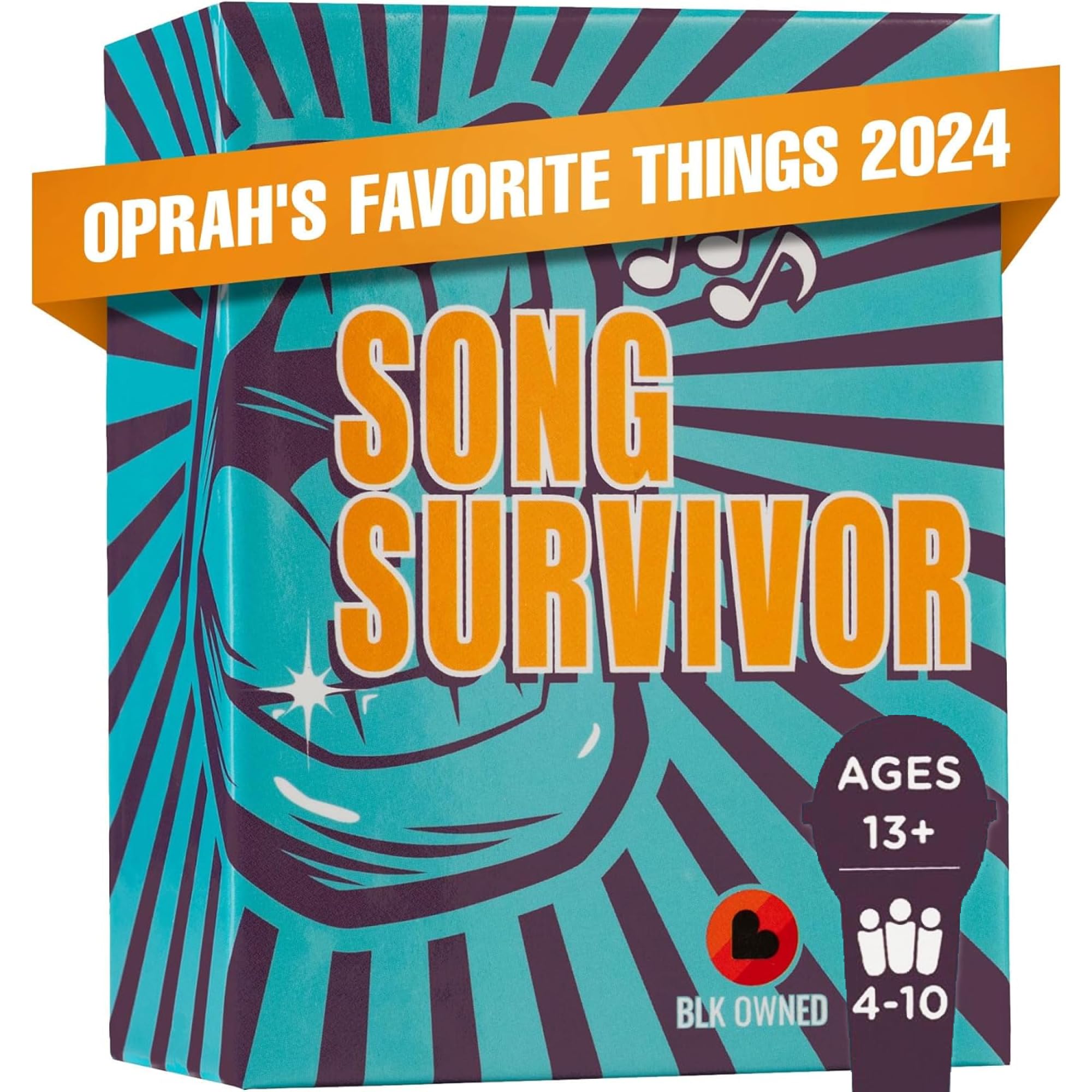Comprehensive Vocal Development Through Digital Innovation
Modern singing games encompass a wide spectrum of vocal development areas, from fundamental breath control exercises to advanced harmonic recognition challenges. These platforms integrate sophisticated audio analysis technology that can detect subtle variations in pitch, timing, and vocal tone quality, providing users with detailed performance metrics that were previously only available through professional vocal coaching.
The adaptive learning algorithms employed in contemporary singing games personalize the experience based on individual vocal range, skill level, and learning pace. This customization ensures that beginners aren't overwhelmed by advanced techniques while simultaneously providing experienced singers with challenging content that pushes their abilities to new heights. The progressive difficulty scaling maintains optimal challenge levels that promote continuous improvement without causing frustration or discouragement.
Additionally, many singing game platforms incorporate social features that enable users to participate in virtual choir experiences, duet challenges, and community-driven competitions. These collaborative elements foster a sense of musical community while providing opportunities for peer learning and motivation through friendly competition.




